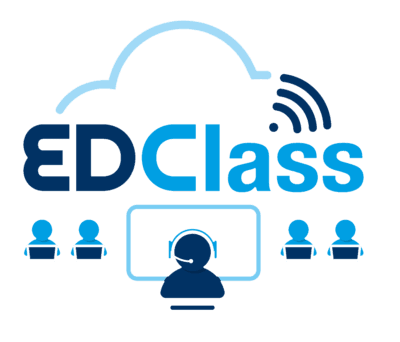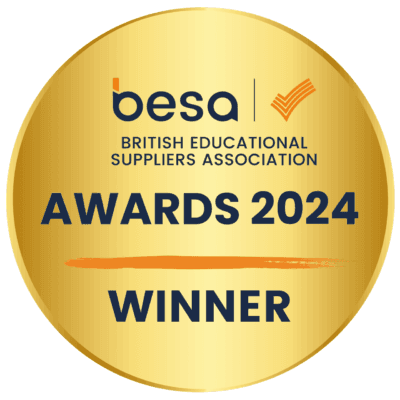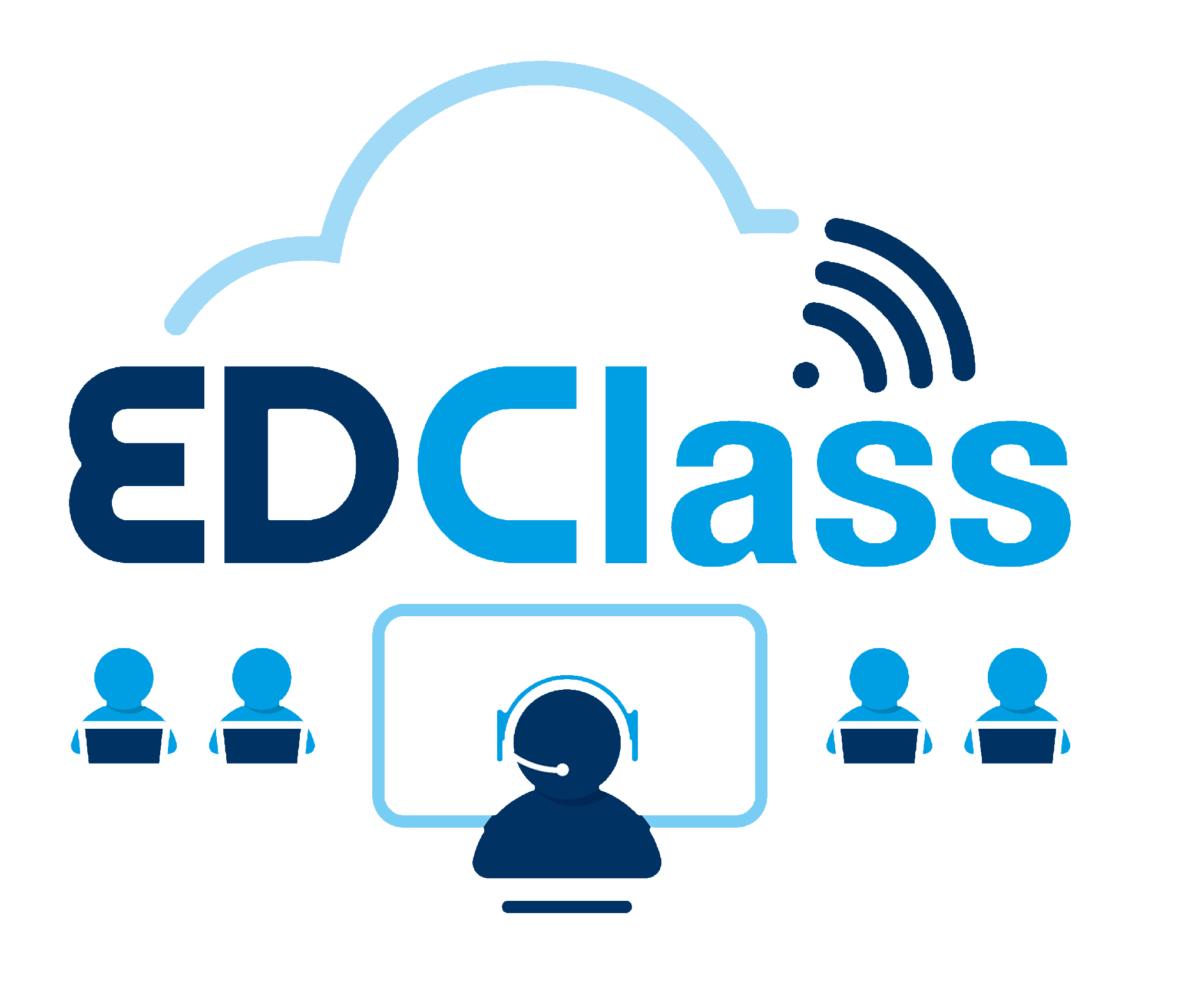EDClass Testimonials: Hear from Students & Schools Who Have Experienced Success
EDClass Testimonials: Real Success Stories from Students & Schools
At EDClass, we’re deeply grateful for the trust our students, teachers, and schools place in us. Your testimonials are a testament to the positive impact of our online learning platform. They inspire us to continue innovating and providing the best possible educational experience for everyone.
We’re excited to share some of your stories through video testimonials, offering a glimpse into the real-life experiences of those who have benefited from EDClass.
EDClass has significantly improved our confidence in providing alternative education to those most in need. The staff provide a quick and efficient service and are extremely helpful. There are a broad range of lessons which means students can be provided with a timetable which closely matches theirs in school. The students enjoy the interactivity of the sessions and we have students with a range of needs who are all successfully accessing the provision.
The safeguarding aspect of the provision is robust and provides confidence that students are closely monitored, their needs are understood and met, and they provide excellent/immediate communication to our Alternative Provision Lead if any concerns need raising. The assessment tool is a great function – providing students, EDClass staff, and ourselves the ability to see where gaps in knowledge may exist for individual students.
The regular progress meetings help us to understand how well each student is coping within the provision and this provides reassurance to parents also. When a student cannot attend school for any reason, this honestly is the next best thing!
The safeguarding aspect of the provision is robust and provides confidence that students are closely monitored, their needs are understood and met, and they provide excellent/immediate communication to our Alternative Provision Lead if any concerns need raising. The assessment tool is a great function – providing students, EDClass staff, and ourselves the ability to see where gaps in knowledge may exist for individual students.
The regular progress meetings help us to understand how well each student is coping within the provision and this provides reassurance to parents also. When a student cannot attend school for any reason, this honestly is the next best thing!
Michael Lowes MA (SEN) BEd (Hons) NPQH Strategic Lead for Inclusive Practice, The Howard Partnership Trust
EDClass is a key component of our behaviour support package at Pakefield. For students who are at risk of permanent exclusion, we use EDClass to deliver off-site learning, with students attending school for a short amount of time each day with sessions focusing on improving their own behaviour.
Family support workers, parents, and the students themselves have been very positive about the support in place. The fact that qualified teachers are available through EDClass means that students feel connected to their learning at all times, a stark contrast to the typical exclusion process.
Family support workers, parents, and the students themselves have been very positive about the support in place. The fact that qualified teachers are available through EDClass means that students feel connected to their learning at all times, a stark contrast to the typical exclusion process.
Dan Bagshaw Assistant Headteacher, Pakefield High School and Learning Community
We use EDClass at Weston Favell Academy in several ways. Firstly in our Learning Support Unit as a tool to engage disaffected students, also those who need booster sessions. It has been invaluable as a way of providing education to students on fixed-term exclusions and we have used it with students who have severe medical needs and are at home.
We have found EDClass to be an invaluable tool, our students really engage well, with only a couple of exceptions, which is rare! The support offered is excellent. I have shown EDClass to some of our external education providers and would highly recommend this to any educational setting, especially with disaffected students.
We have found EDClass to be an invaluable tool, our students really engage well, with only a couple of exceptions, which is rare! The support offered is excellent. I have shown EDClass to some of our external education providers and would highly recommend this to any educational setting, especially with disaffected students.
Jo RatcliffeWeston Favell, Learning Support Manager (S4), Inclusion
At BBG Academy, EDClass currently plays a large part in how we support students who have received Fixed Term Exclusions.
It is vital that despite the wrong choices the student may have made, they are offered a chance to continue their learning and education during what can be a very difficult time. Students are promptly placed on a seat on EDClass and are set relevant work that they would otherwise miss out on.
As well as this, the students have an opportunity to reduce any reintegration time they may serve in isolation upon their return to school and also reduce the impact a fixed-term exclusion may have on their attendance.
It is vital that despite the wrong choices the student may have made, they are offered a chance to continue their learning and education during what can be a very difficult time. Students are promptly placed on a seat on EDClass and are set relevant work that they would otherwise miss out on.
As well as this, the students have an opportunity to reduce any reintegration time they may serve in isolation upon their return to school and also reduce the impact a fixed-term exclusion may have on their attendance.
Scott SweeneyBBG Academy
Since EDClass has been implemented at Merrill Academy, we have seen an increase in student engagement when they are unable to attend the Academy. It has been an invaluable resource within our SEND and safeguarding teams as some students who have struggled to access the academy, have had work provided during their difficult periods. This has meant that they did not develop meaningful gaps in their education so could reintegrate easily.
We have utilised EDClass Seats for students who are at risk of permanent exclusion or are school refusers. The students and parents have been positive about this approach and have helped to build parental relationships to support these students.
The students on seats respond well to the feedback given on their work. In addition, we have been able to boost the CORE subjects in year 11, creating extraction classes.
We have utilised EDClass Seats for students who are at risk of permanent exclusion or are school refusers. The students and parents have been positive about this approach and have helped to build parental relationships to support these students.
The students on seats respond well to the feedback given on their work. In addition, we have been able to boost the CORE subjects in year 11, creating extraction classes.
Adele ChiltonMerrill Academy
EDClass maintains excellent communication with the school. They are always willing to offer help and support and respond to requests incredibly quickly. There is a great variety of lessons on the platform which means I have been able to always set a pathway for a student that is appropriate to their needs.
I am impressed with their safeguarding protocols and how well they work with the school to ensure the wellbeing of the students on the live seats, their vigilance and open communication supports the school to meet safeguarding responsibilities when the student is working offsite.
I am impressed with their safeguarding protocols and how well they work with the school to ensure the wellbeing of the students on the live seats, their vigilance and open communication supports the school to meet safeguarding responsibilities when the student is working offsite.
Vicki BondDaventry Hill
Testimonials
35 Videos





































